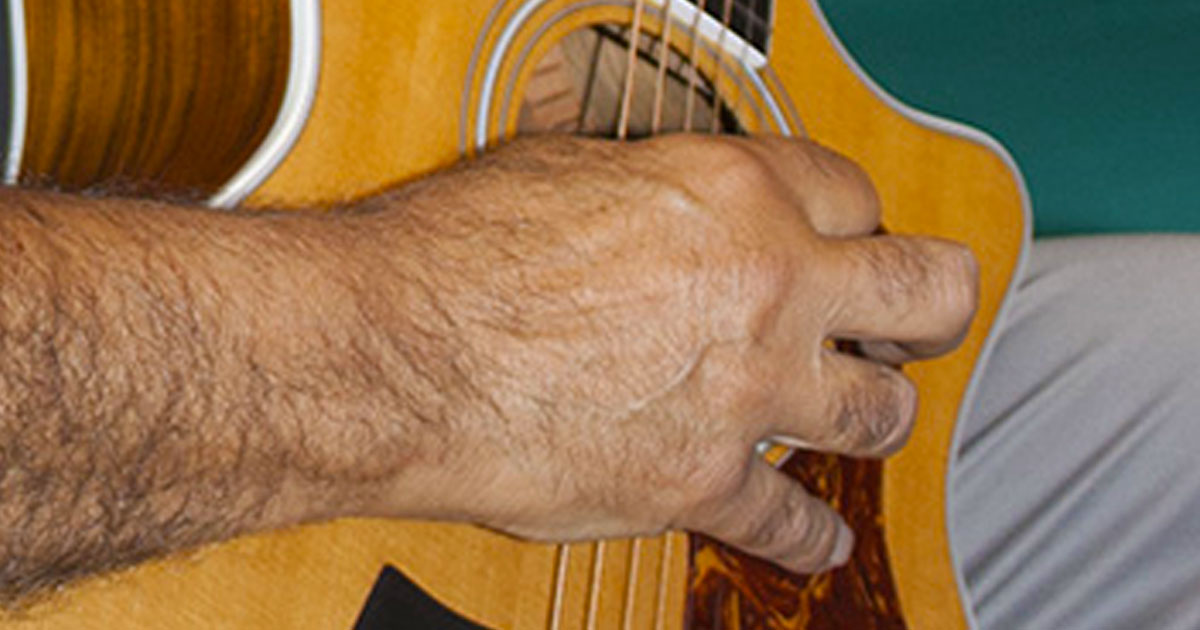How To Start Playing Guitar
How to get started playing guitar

Are you interested in learning to play guitar? Learning guitar can be intimidating. It’s normal as a beginner to have many questions and concerns, but if you get started off on the right foot, it won’t seem as daunting.
Below are some commonly asked questions when it comes to learning guitar.
Am I too old to learn?
No! And let’s get this straight: you will never be too old. There’s no age restriction on learning a new skill. No matter when you start, playing an instrument of any kind is a rewarding and worthwhile experience that enhances self-discipline, creativity, coordination and confidence. It may be true that younger players can absorb material very quickly. However, adults are more likely to practice consistently, since they often possess the motivation and attention that younger players lack.
What’s the first step?
The first thing you need to do is determine the type of instruction that best suits your learning style. Are you looking to find an instructor for private guitar lessons or do you want to learn on your own? Whether you’re learning independently, with a private instructor or in a group setting, there are plenty of options. Finding the right instruction is an important first step in creating good long-term playing habits.
Should I learn on an electric guitar or acoustic?
It all depends on your personal preference and the type of music you want to play. Electric and acoustic guitars both have unique advantages. Electric guitars have thinner strings and therefore are a great choice for beginners because they require less hand strength. Players with small hands might also prefer and electric for its slimmer neck, which warrants an easier grip and shorter reach. Learning on an acoustic guitar can often be a less costly investment because it doesn’t require additional equipment.
Are my fingers supposed to hurt?
Yes, but don’t let it discourage you. As a beginner, you’ll eventually improve your muscle strength in your playing arm and form calluses on your fretting hand. The dull pain and discomfort do come with the territory but they are temporary, especially if you’re going to practice regularly, which is key to alleviating pain.
What’s the most common pitfall for beginners?
Many beginners assume that technique and ability will come to them overnight. It’s this misleading idea that leads to frustration and sometimes, giving up. Learning music is a marathon, not a sprint. It’s a gradual learning experience that requires patience, time and true comprehension of concepts. Racing through scales and scrutinizing every note is not what makes this craft enjoyable. Let your passion lead you. Learn at your own pace. Keep your curiosity alive through the process. Above all else, just have fun!